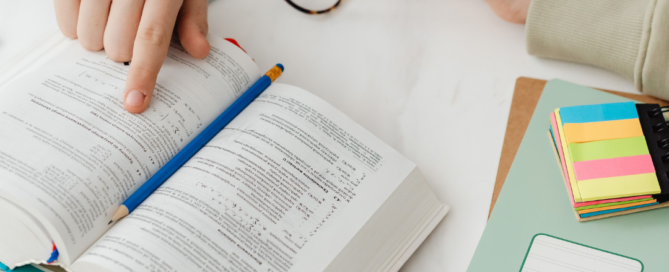FAPE In Special Education
FAPE in Special Education FAPE stands for Free Appropriate Public Education, and it is a fundamental concept in special education. It ensures that all students with disabilities have the right to receive a free and adequate education that meets their unique needs. For educators, FAPE guides their practice by requiring them to provide











